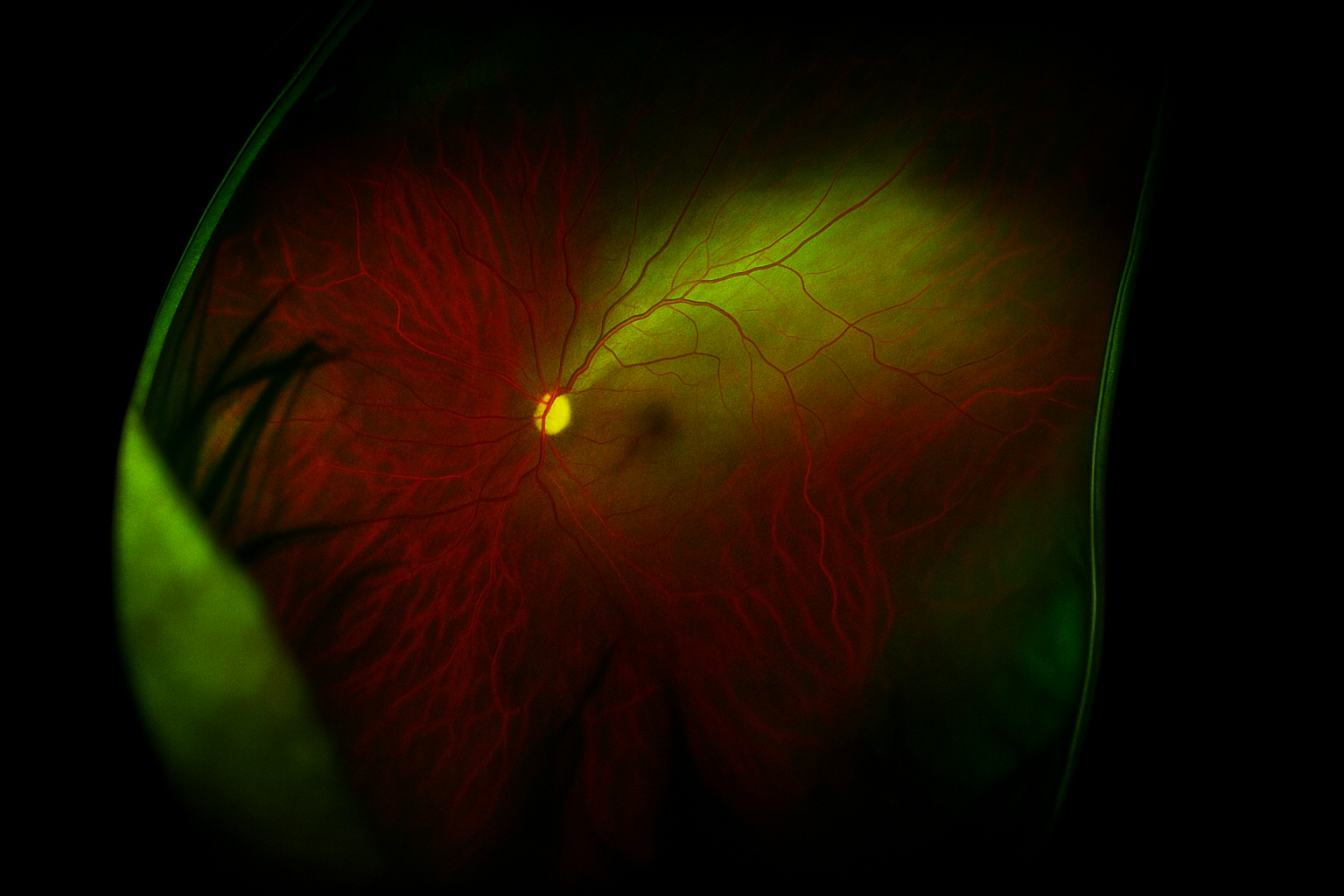
Shruti
Patil
PhD
Location
Indianapolis, IN, USA
Current Organization
Indiana University School of Medicine
Biography
During Dr. Shruti Patil’s PhD at the North Texas Eye Research Institute (NTERI), she had the privilege of working with experienced glaucoma researchers, which solidified her determination to further explore glaucoma. Dr. Patil’s primary interest is unraveling the molecular mechanisms driving disease progression to develop individualized therapeutic strategies for multifactorial diseases like glaucoma. Achieving this requires selecting appropriate disease model systems tailored to each research question’s unique demands. In her predoctoral research, she utilized lentiviral gene delivery to establish an ocular hypertension mouse model linked to TGFß2-induced trabecular meshwork dysfunction and mitigated endoplasmic reticulum stress by targeting and suppressing myocilin gene variants. As her PhD thesis provided her with an exceptionally strong background in glaucoma research, she decided to pursue postdoctoral training with a focus more upon retinal manifestations of glaucoma. Dr. Patil’s postdoctoral work in the Meyer Lab at Indiana University School of Medicine involves the use of genetically modeled human pluripotent stem cell-derived retinal organoids, which provide an invaluable platform for studying glaucoma’s neurodegenerative mechanisms. The molecular and biomechanical alterations in the lamina cribrosa during glaucoma resemble those in the trabecular meshwork. Her interest lies in using human pluripotent stem cell models to uncover these mechanisms, aiming to identify novel therapeutic approaches.




